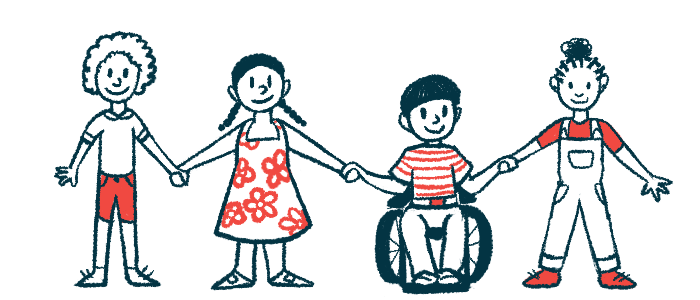CBD cream for skin shows promise for wound healing in EB patients
Cannabidiol formulation found to help in 55% of youth in real-world study

Avicanna‘s cannabidiol (CBD) cream formulation for skin improved wound healing in 55% of children and adolescents with epidermolysis bullosa (EB) who took part in a real-world study, according to a company press release.
The study, conducted at The Hospital for Sick Children, in Toronto, evaluated the tolerability and effectiveness of Ultra CBD Topical Cream when used for one month on the wounds of EB patients. The cream’s brand is Rho Phyto, available nationwide in Canada.
“The use of RHO Phyto branded Ultra CBD Topical Cream is a novel topical therapeutic option for EB patients, providing symptom relief and potentially aiding in wound healing with good tolerability. Further prospective studies are needed to substantiate these findings,” said Elena Pope, MD, study leader and head of dermatology at the hospital.
The Ultra CBD Topical Cream, for use on skin, is an oil-based formulation made of 3% purified cannabidiol, which is one of the most well-known active compounds of the cannabis plant. CBD is not psychoactive, meaning that it does not induce the so-called high associated with cannabis.
Studies have shown that CBD has potent antioxidant and anti-inflammatory properties that are potentially beneficial for the treatment of EB, a group of rare skin disorders marked by fragile skin that easily blisters and tears.
CBD cream for skin also found to stabilize wounds for nearly half
The study involved a total of 20 patients — 14 males and six females, with an average age of 17.3 years and varying EB subtypes. Among them, 60% had dystrophic epidermolysis bullosa, called DEB, 30% had epidermolysis bullosa simplex, and 10% had junctional epidermolysis bullosa, known as JEB.
After using the CBD cream for skin every day for one month, more than half of patients (55%) reported better wound healing, according to the company. Meanwhile, 45% reported that their wounds had stabilized.
Itchiness scores were reported by 65% of the patients, and pain scores by 50%, per Avicanna, although no specific data was disclosed by the company. Almost half of the participants (45%) chose to continue to use the cream for six months, the company reported.
The findings were recently presented at Avicanna’s symposium by Camila Sofia Arriagada Egnen, MD.
“We are pleased to see the Study reporting early positive results for RHO Phyto branded Ultra CBD Topical Cream in a patient population that continues to seek treatment for its catastrophic condition,” said Karolina Urban, PhD, executive vice-president of Medical Affairs at Avicanna.
“These results are critical in helping guide us in the next steps in the further development of our medical products and pharmaceutical pipeline,” Urban added.
Avicanna’s work in plant-derived cannabinoid-based products for other indications also includes Trunerox, approved in Colombia as an add-on treatment for seizures in people with Dravet syndrome and Lennox-Gastaut syndrome.







